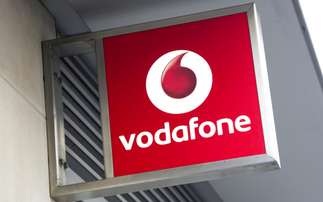The real value of Yahoo's intellectual property cache might be less than expected, Withers & Rogers patent attorney John-Paul Rooney tells Computing
Following the $4.8bn sale of Yahoo's core business to US telecoms company Verizon at the end of July, Yahoo is now preparing to sell off the patents portfolio that it has accrued in its 20 years of...
To continue reading this article...
Join Computing
- Unlimited access to real-time news, analysis and opinion from the technology industry
- Receive important and breaking news in our daily newsletter
- Be the first to hear about our events and awards programmes
- Join live member only interviews with IT leaders at the ‘IT Lounge’; your chance to ask your burning tech questions and have them answered
- Access to the Computing Delta hub providing market intelligence and research
- Receive our members-only newsletter with exclusive opinion pieces from senior IT Leaders



















